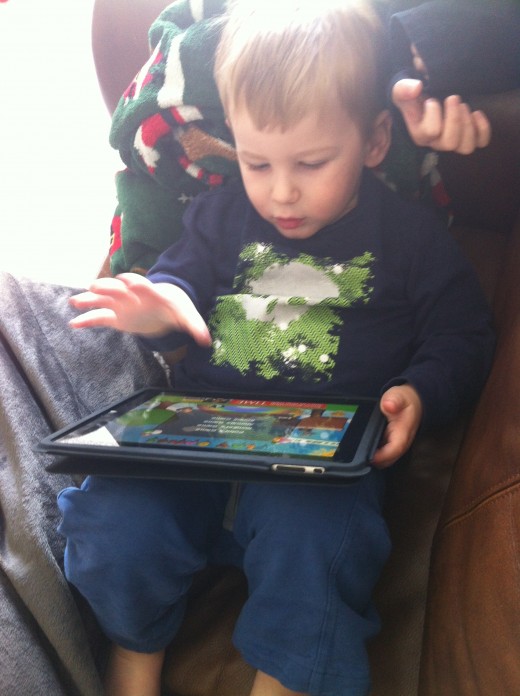Teaching To 21st Century Technology Based Young Minds - Are We Reaching Them?

Has Teaching Evolved to Teach Skills Needed in Current Workplace?
As society changes, the skills needed to negotiate the complexities of life also change. A person was considered literate in the early 1900's when simple reading, writing, and calculating skills were learned. Currently public education builds on these skills. We need to look at the skills needed for the current job market, and keep a watchful eye on what types of skills are needed for future jobs not yet created. Employers expectations have changed over time. Workers need to build on the skills of the 20th century by mastering a new and different skill set in the 21st century. Workers will need to perform work that overseas knowledge-workers can't do cheaper, computers can't do faster, and that satisfies the aesthetic, emotional, and spiritual demands of a prosperous time. Schools need to prepare students for a workplace that values innovation, imagination, creativity, communication, and emotional intelligence. Do we currently do this?
Does the school system properly prepare students for 21st century jobs?


Do Our Schools Engage 21st Century Children?
Do children today with all of their exposure to technology learn the same way as children in the 20th century?
How the brain is trained influences how we learn. Human brains have been reprogrammed throughout time. The literate man's brains were reprogrammed to deal with the invention of written language and reading. The brain had to be retrained to deal with things in a higher linear way. Reading has a different neurology to it than things built into our brains, like spoken language. With the invention of television came a reprogramming again of the brain, and now our children's brains are being reprogrammed by computers and technology. Children raised with the computer think differently from the rest if us. They develop hypertext minds that leap around. It's as though their cognitive structures were parallel, not sequential. Linear thought processes that dominate educational systems can retard learning for brains developed through game and web surfing on the computer. Thinking skills enhanced by repeated exposure to computer games and other digital media include reading visual images as representations of three dimensional space, multidimensional visual-spatial skills, mental maps, inductive discovery, attentional deployment (monitoring multiple locations simultaneously), and responding faster to expected and unexpected stimuli.
Does this new way that children are thinking create shorter attention spans? If you think about it, children's attention spans are not short for computer games and other things that interest them. They crave interactivity, an immediate response to their action. Traditional schooling provides very little of this interactivity compared to the rest of their world. Children are accustomed to multitasking, fast paced, graphics first, active, connected, fun, fantasy, quick payoff world of video games and Internet and are bored by most of today's education. In addition, skills that new technologies have enhanced which have profound implications for their learning are ignored by educators.
What is the answer, is it possible to make a change in our schools?
Some have explored digital game-based learning, however have come against much criticism.
Game Based Learning (a little over 3 minutes)
Making a change to the school system is quite an undertaking and will be very difficult. I do not have the answer, I leave the questions for you to answer. Do our schools need to change to accommodate a new generation of digital thinkers? What does this kind of education look like and how do we implement it?
Do our schools need to change to accommodate a generation of digital thinkers?
© 2013 HeatherH104










